I don’t think I’ve ever done a “year in review” bragfest thing in my blog, but this year has been… well, surprisingly productive, helped in part by our AI friends.
Here are some of the things I created this year:
- A science-centered front-end for the major large language models, with support for LaTeX, markup, SVG graphics generated by the AI, and good quality PDF output. Also, savable conversations and compatibility with several Anthropic and OpenAI models. I am quite proud of this, not to mention that it has since become my primary means of accessing LLMs. (I even thought about commercializing it, but I fear it’s way too much hassle and in the end, without proper marketing, just not worth the effort.)
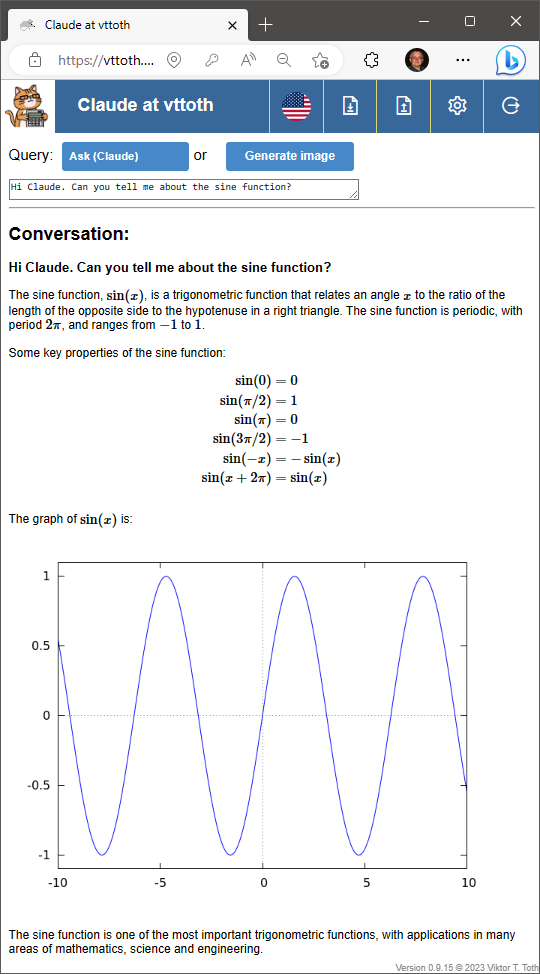
- A Web-based application to model image recovery of a rotating exoplanet with varying illumination, viewed through the solar gravitational lens.
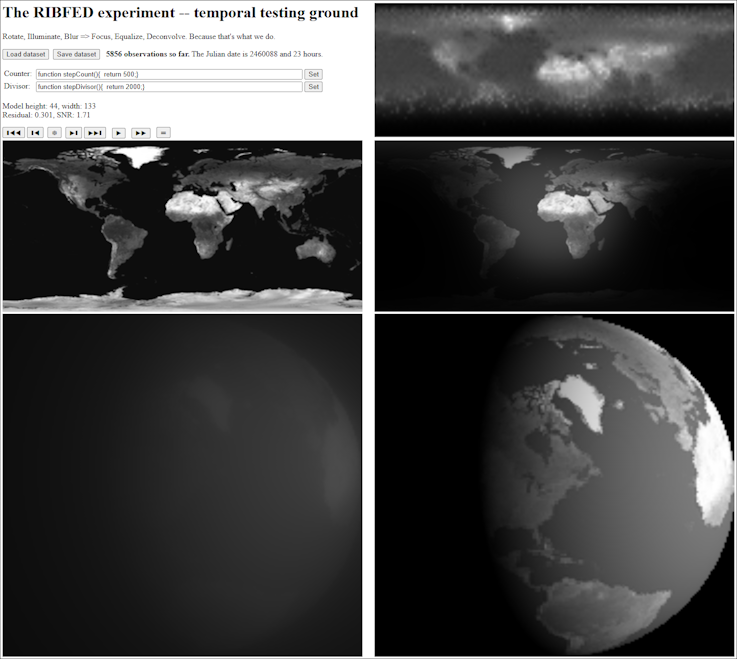
- A Web-based application to model a constellation of four satellites, used in a precision gravitational experiment to detect the presence of a specific type of deviation from Newtonian gravity.
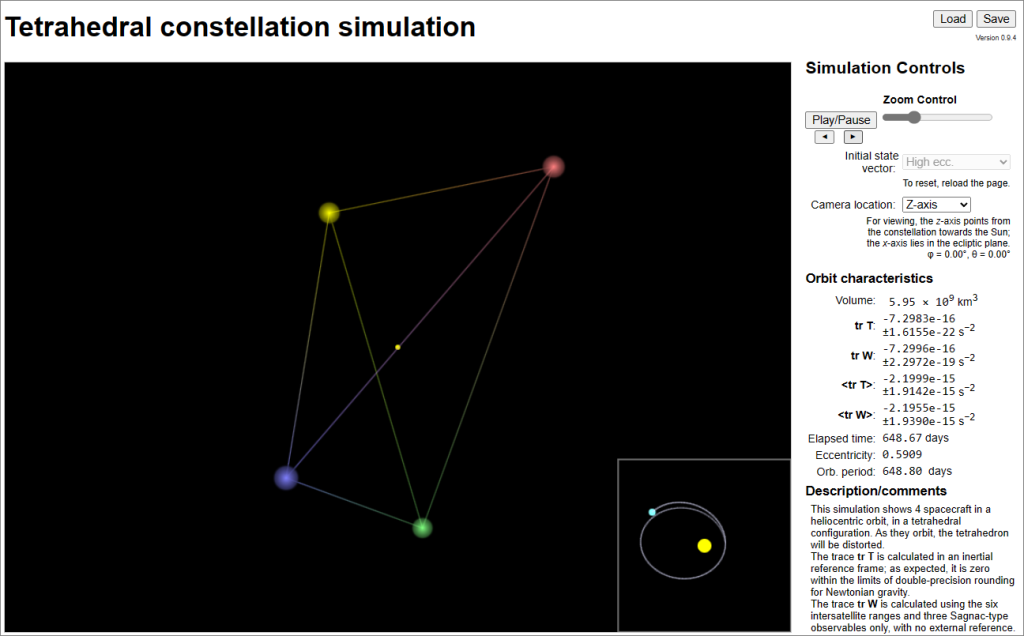
- A Web-based application to model imaging by multiple gravitational lenses.
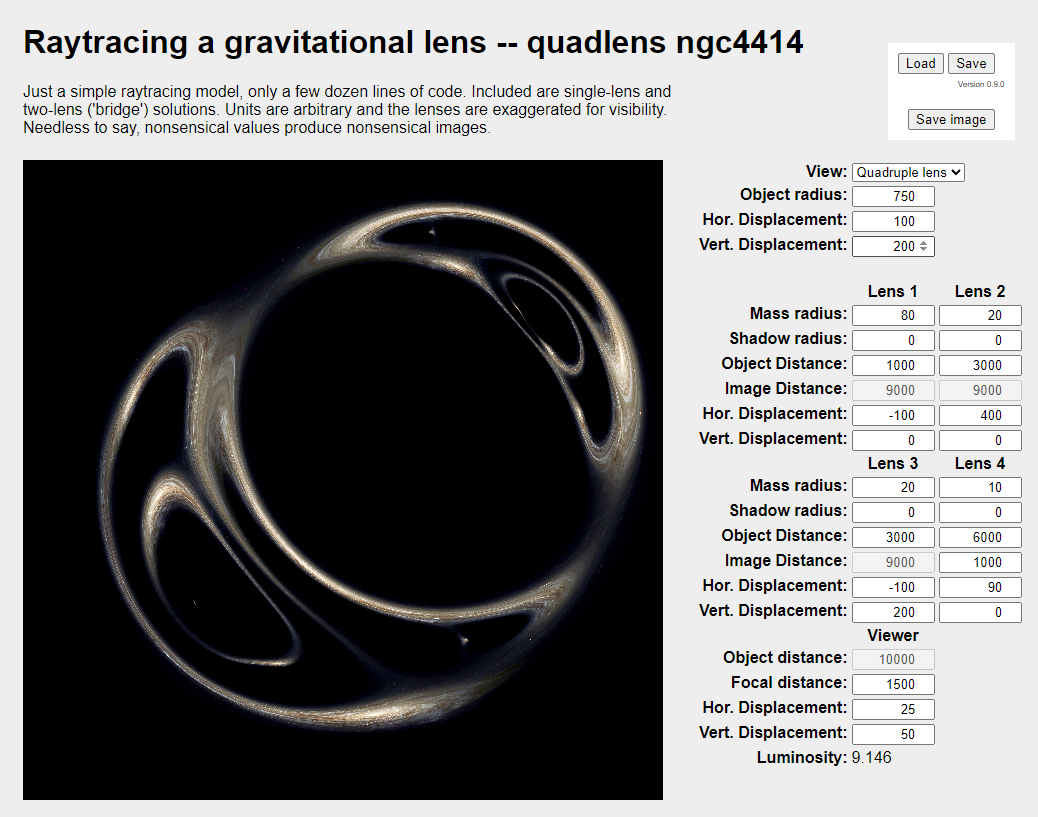
- Another Web-based application to process and analyze emergency room medical data using machine learning.
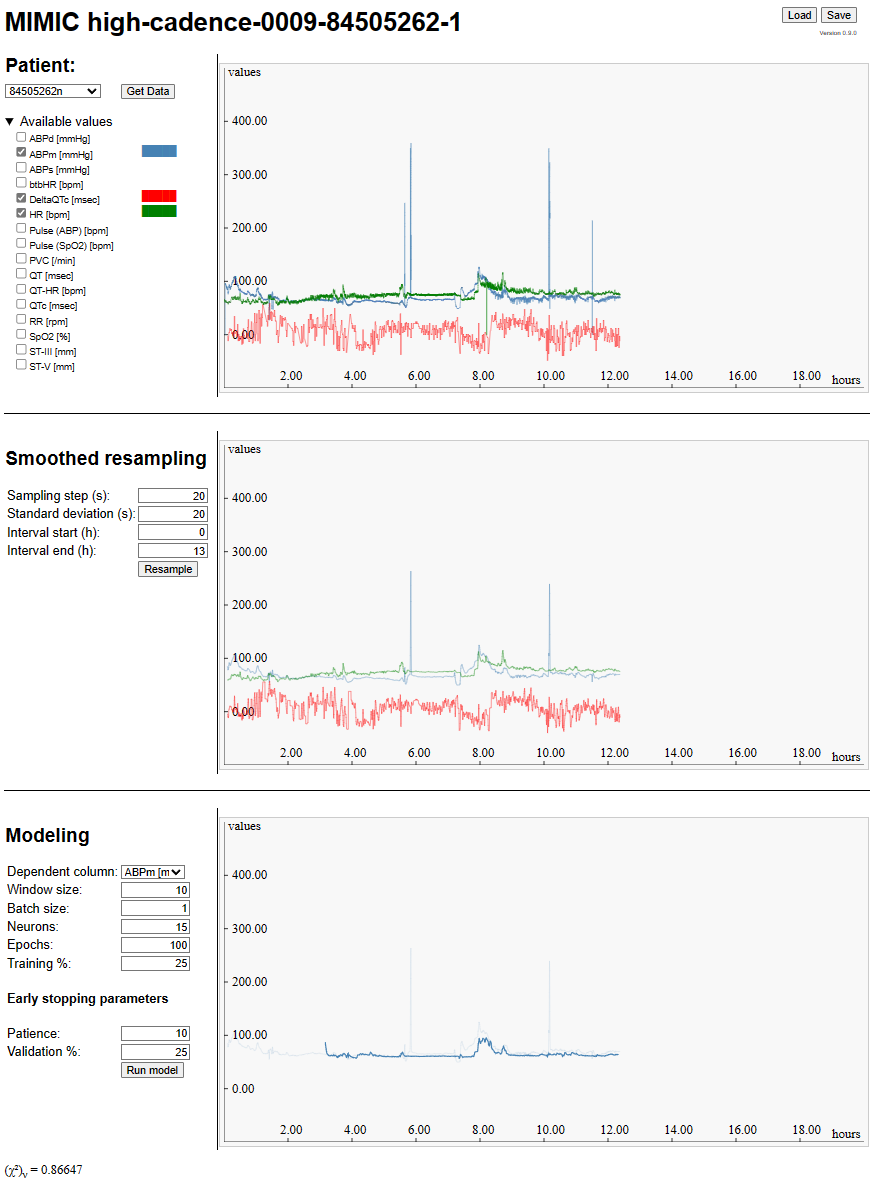
- A custom telnet implementation to finally make it possible to access my game sites, british-legends.com and mud2.com, from within the browser but without third-party plugins.
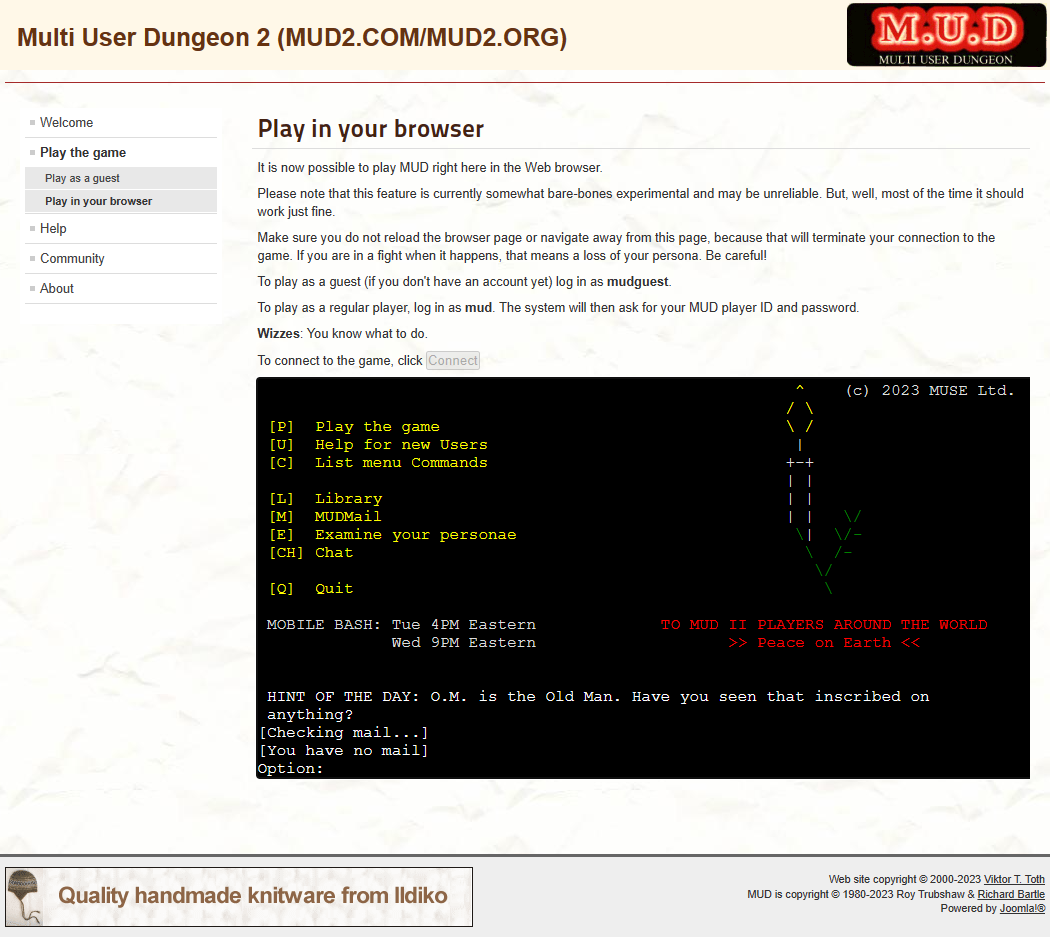
- A reimplementation of my “seas of Mars” Web applet, written originally in Java, showing what Mars would look like if it was flooded with an ocean.
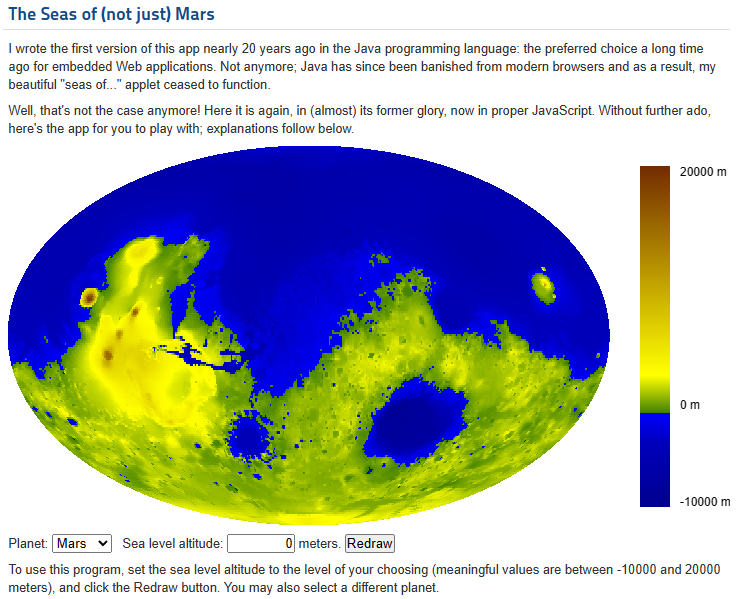
- A reimplementation of code I wrote many years ago, constructing a psychrometric chart and calculator, running in a Web browser.
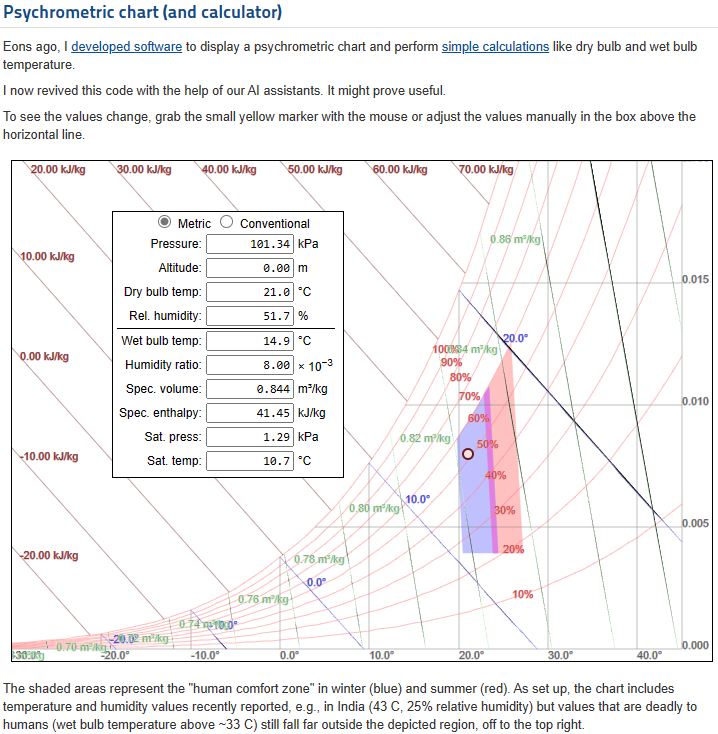
I also published a number of papers, both on my own and with coauthors:
- A paper with Slava Turyshev in Phys. Rev. D, on imaging with the realistic solar gravitational lens (SGL), accounting for its deviation from perfect spherical symmetry
- Another paper with Slava in Phys. Rev. D, on the spherical harmonic representation of gravitational lenses
- A paper with several (mostly NASA) authors in Planetary and Space Sciences, on the use of solar sailing smallsats for projects, including the SGL
- A paper with Slava in Monthly Notices of the Royal Astronomical Society, related to the software I described above about imaging a rotating planet with varying illumination
- Another paper in MNRAS, this one with John Moffat, on applying his Scalar-Tensor-Vector Gravity to the case of a difficult galaxy, NGC-1277
- Yet another paper in MNRAS under my own name, on recovering our key results on the SGL using strictly geometric optics
- Finally, another sole-author paper of mine, published in Astrophysics and Space Science, also related to the corresponding software, about using a satellite constellation for gravitational anomaly detection.
Additionally, I completed several in-house projects, including a much dreaded major Joomla! upgrade: Joomla! is the content management system I use for several of my Web sites, and the upgrade required first upgrading PHP, which in turn required fixes to countless instances of PHP code I wrote as many as 20 years ago, code that is not compatible with modern PHP versions. In the process, I also wrote replacement alternatives to two no longer supported third-party Joomla! components, to view images as thumbnails, and to view an image slideshow.
I also completed the Google foobar challenge, Google’s secret recruiting tool. No, I am not looking for a job at Google, but the challenge was, well, challenging (in a fun way) and it also allowed me to learn Python, the language I chose to implement the code that the challenge required. So now I know Python. Not a Python expert by any means, but I feel confident in my ability to use that language (which, incidentally, turns out to be more fun than I anticipated.)
So not quite an annus mirabilis (I don’t expect to discover a new relativity theory anytime soon) but not a bad year. And at least for a small part of this work, I even got paid. Not much, mind you, but I’ve been able to pay our bills so I am not complaining. I suppose if I were smarter, I’d do more work for money, but then again, there’s the quality of life thing, too…